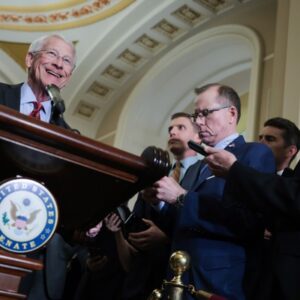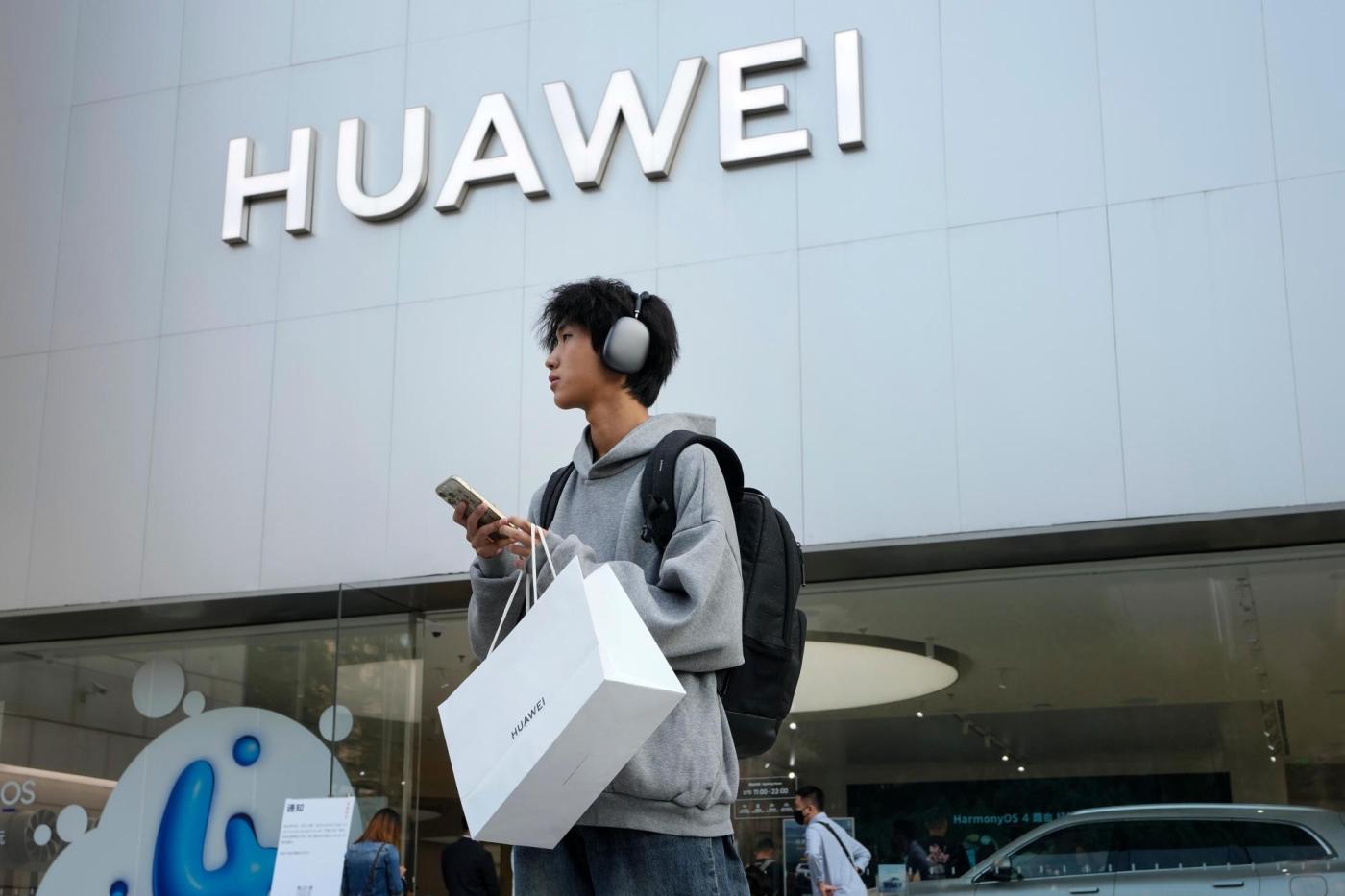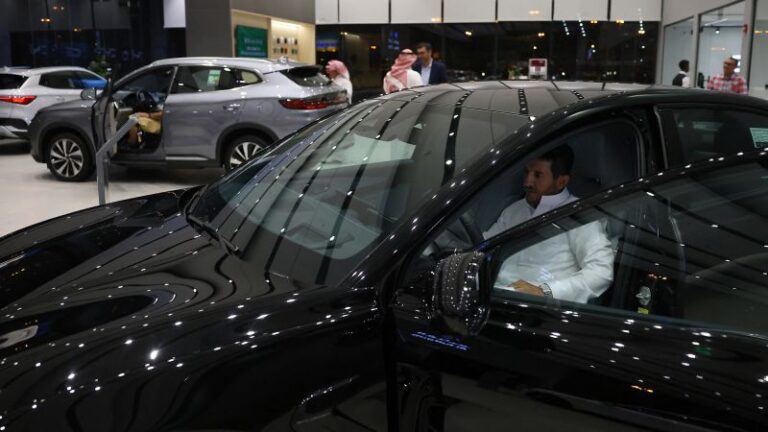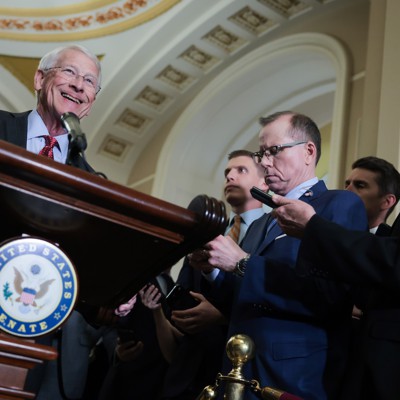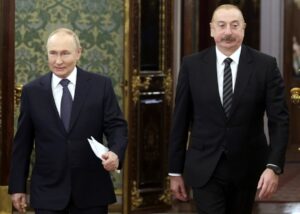BANGKOK (AP) — A U.S. judge has ruled that Huawei Technologies, a major player in the global telecoms industry, must face a comprehensive criminal case involving allegations of racketeering, wire and bank fraud, and technology theft.
U.S. District Judge Ann Donnelly on Tuesday dismissed Huawei’s motion to throw out the 16-count federal indictment, stating in a detailed 52-page ruling that the company’s arguments were not yet ripe for consideration. The decision marks a significant step in a legal battle that has drawn international attention.
The indictment accuses Huawei and its subsidiaries of a series of illicit activities, including the theft of U.S. trade secrets and the installation of surveillance equipment in Iran, which allegedly enabled the Iranian government to monitor protesters during the 2009 anti-government demonstrations. Moreover, the charges assert that Huawei conducted business in North Korea, violating U.S. sanctions.
Background and Previous Developments
This legal challenge against Huawei is not new. The U.S. government has long expressed concerns over national security risks associated with Huawei’s operations, particularly during the administration of former President Donald Trump. Efforts were made to dissuade Western allies from incorporating Huawei into their high-speed wireless networks.
In January 2019, the Justice Department’s indictment highlighted Huawei’s use of a Hong Kong-based shell company, Skycom, to sell equipment to Iran, contravening U.S. sanctions. Additionally, Huawei’s Chief Financial Officer, Meng Wanzhou, was charged with fraud for allegedly misleading HSBC about the company’s dealings in Iran. Meng, who is the daughter of Huawei’s founder, was detained in Canada in December 2018 on a U.S. extradition request. She was released in September 2021 as part of a diplomatic agreement that also saw the release of two Canadians held by China.
International Reactions and Economic Implications
The case against Huawei has sparked a strong reaction from Chinese officials, who have accused the United States of “economic bullying” and exploiting national security concerns to suppress Chinese companies. Huawei’s legal team argued that the U.S. allegations were vague and overreaching, claiming that some charges were “impermissibly extraterritorial” and did not involve domestic wire and bank fraud.
Huawei, the world’s largest manufacturer of network equipment, has faced significant challenges due to U.S. sanctions, which have restricted its access to critical U.S.-made processor chips and other technologies. In response, the company has accelerated its development of proprietary computer chips and advanced technologies.
Strategic Shifts and Future Prospects
In light of these constraints, Huawei has shifted its strategic focus towards the Chinese market and has expanded its offerings to include network technology for industrial applications, such as hospitals and factories, which are less affected by U.S. sanctions.
According to industry experts, Huawei’s ability to innovate and adapt will be crucial in maintaining its competitive edge. The company’s efforts to develop its own technology could potentially reduce its reliance on foreign suppliers, but the path forward remains fraught with challenges.
“The legal and economic pressures on Huawei are immense, but the company’s strategic pivot to focus on domestic markets and self-reliance in technology development could help it weather the storm,” said a leading analyst at a global technology research firm.
As the case progresses, the implications for U.S.-China relations and the global technology landscape are significant. The outcome could influence future trade policies and the international business environment for technology companies.
With the trial set to proceed, all eyes will be on how Huawei navigates these legal challenges and what the broader ramifications will be for the telecoms industry and geopolitical dynamics.




